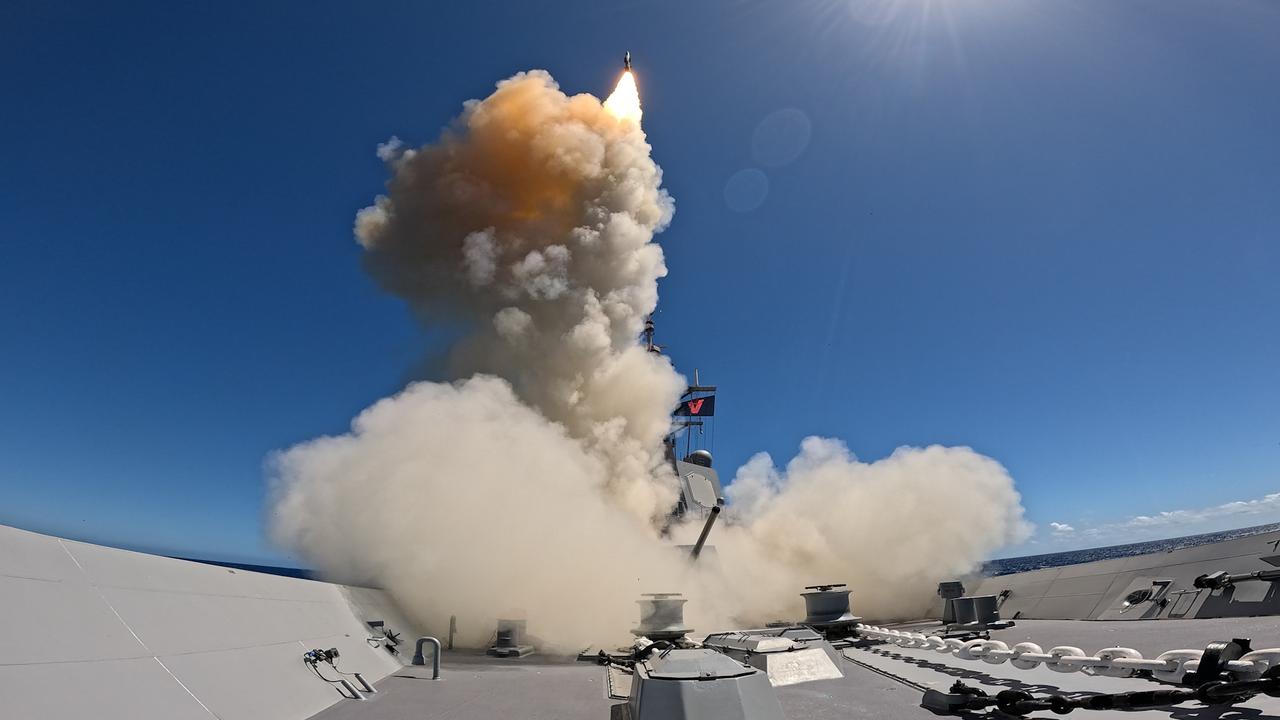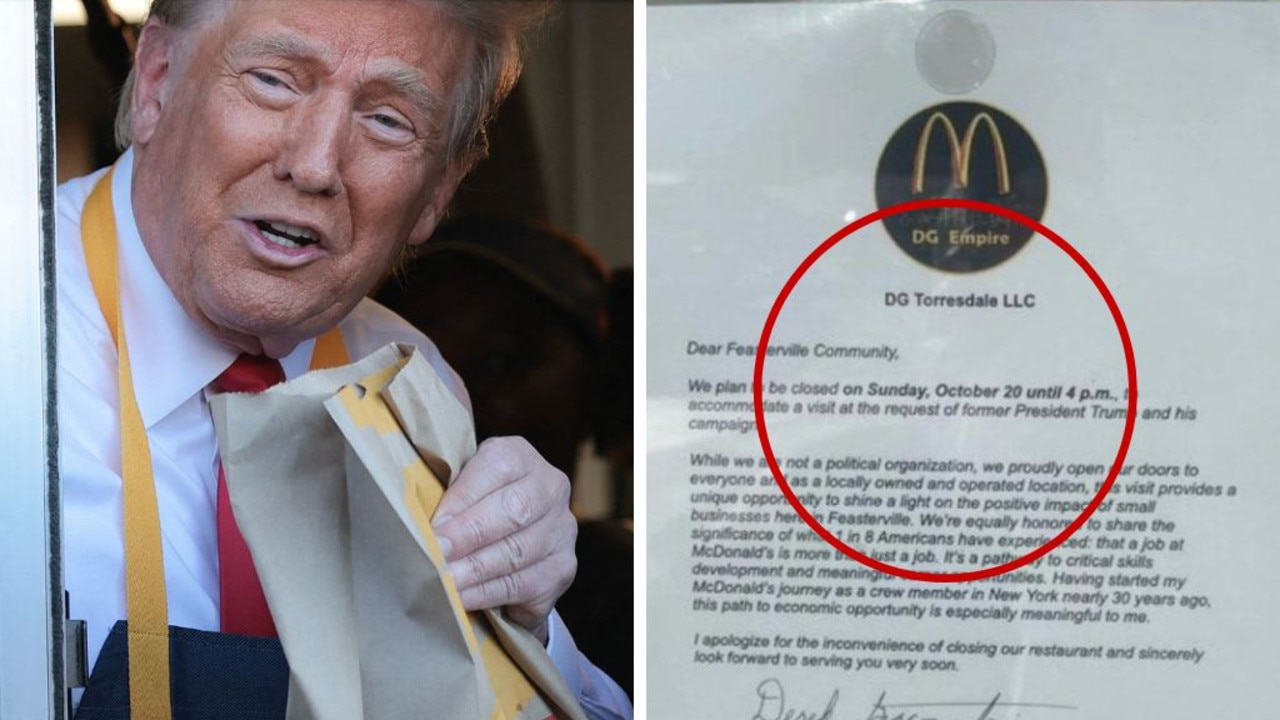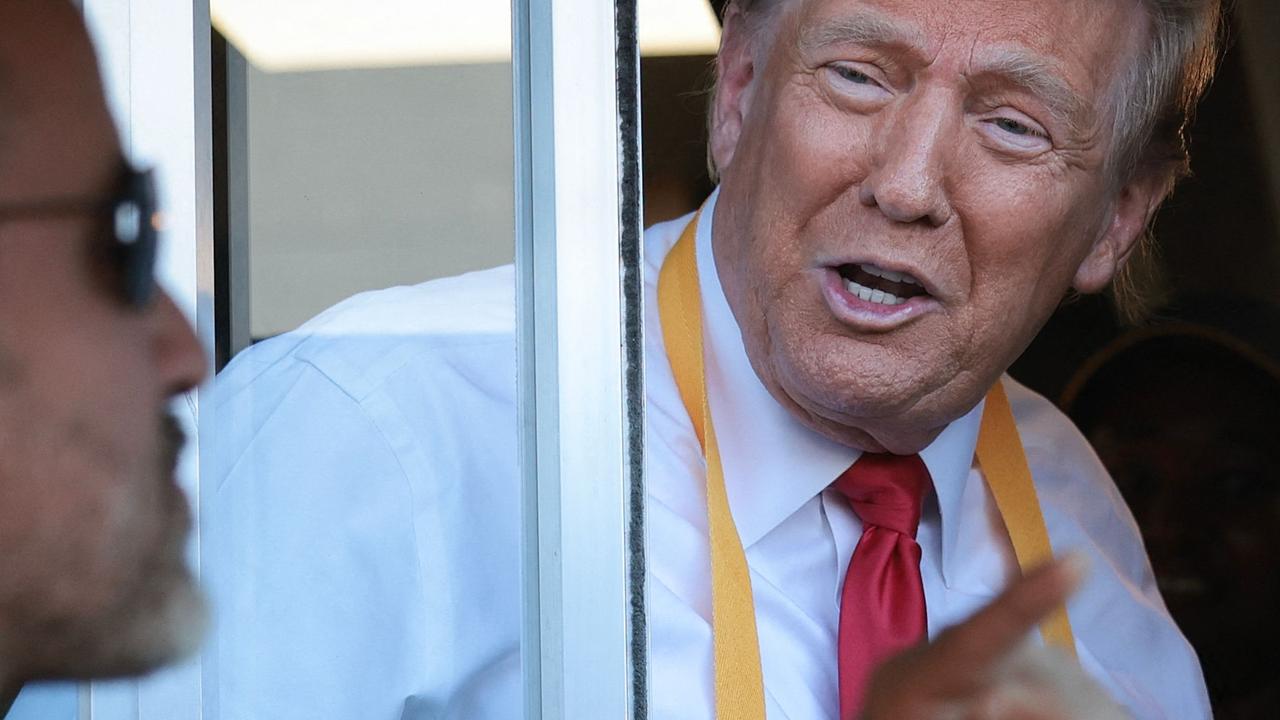‘Dumpster fire’: Brutal reality facing Americans in Australia as US election looms
The US election is now just weeks away, and Aussies are “eating up” the drama. But what’s it really like for Americans Down Under?
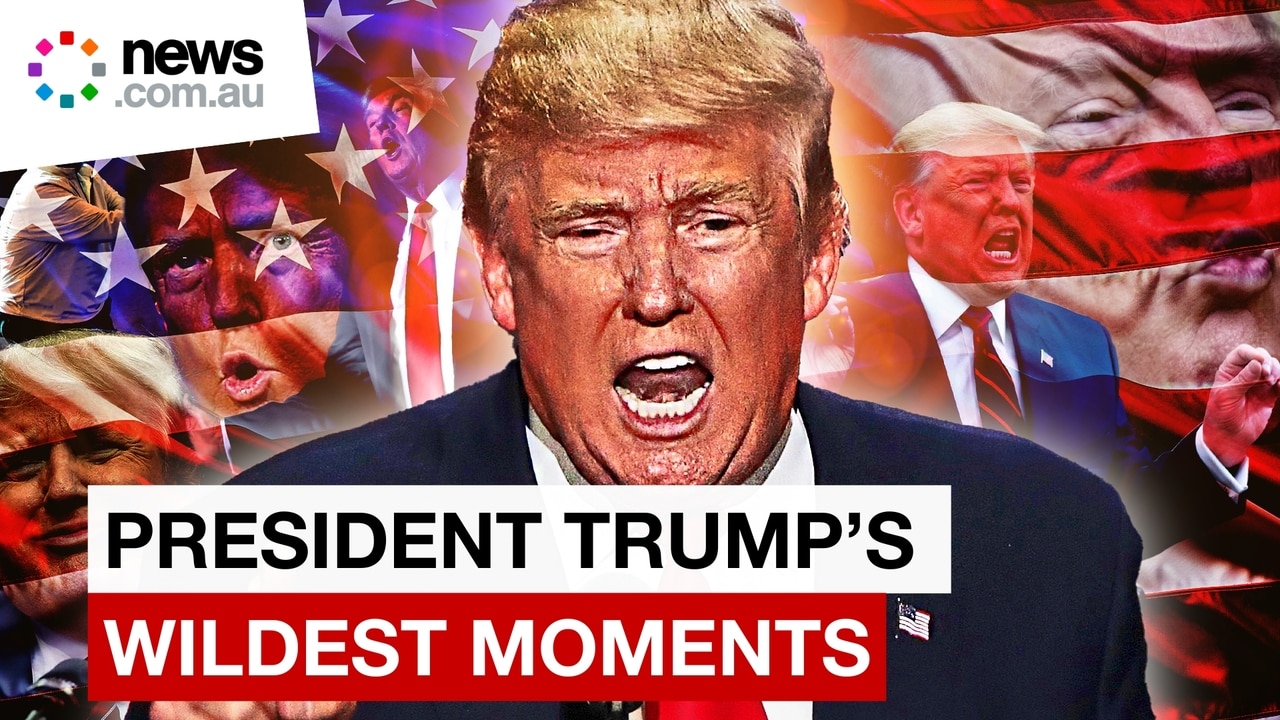
Three assassination attempts of Donald Trump (two failed; one foiled).
An eleventh-hour change of the Democrat party candidate.
And now, the prospect that, come November, the world’s most powerful person, for the first time ever, could be a black woman.
It’s no exaggeration to describe this as potentially the most historic and consequential US presidential election in a generation. Many Australians cannot take their eyes off the high-stakes theatrics of the twists and turns.
But what’s it like right now to be an American in Australia, watching such drama from afar?
‘Australians are eating it up’
“Australians are lovely but sometimes devoid of self-awareness when they hear my American accent and come in hot with: ‘man, your country’s f**ked’ or ‘that Trump stuff’s crazy’ or ‘what a dumpster fire ya’ll are in’,” Jamarr Mills, who has lived in Sydney for six years, told news.com.au.
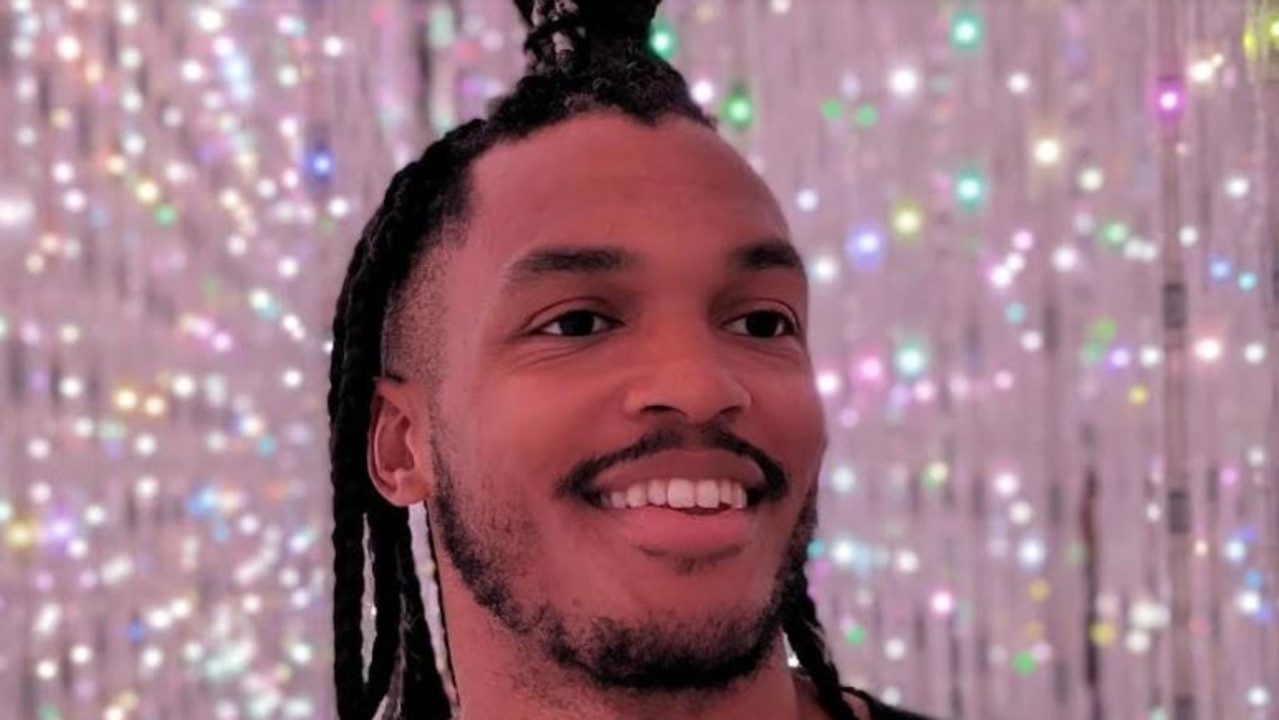
Such attitudes towards Trump’s “craziness” are reflected in recent polling conducted for the Lowy Institute, which revealed almost three-quarters of Australians (73 per cent) would prefer Kamala Harris as president, while less than one in four (22 per cent) prefer Donald Trump – a seven point drop from six months ago (29 per cent).
Mr Jamarr Mills, 34, can understand the excitement.
“I get it,” he said, describing it as a “phenomenon” that Australians are “eating up”.
“Especially with the intersections Kamala Harris crosses: black, Indian, cis woman. The prospect of having all that lived experience at the helm feels pivotal.”
He said he found that, living abroad, he could choose how much he engaged.
“It’s important to have these conversations – obviously, what happens in the US reverberates worldwide, and can create trends,” he said.
But, to protect his mental health, he said he occasionally politely declined to discuss it.
It’s a marked difference from when he was travelling around Europe during Obama’s presidency.
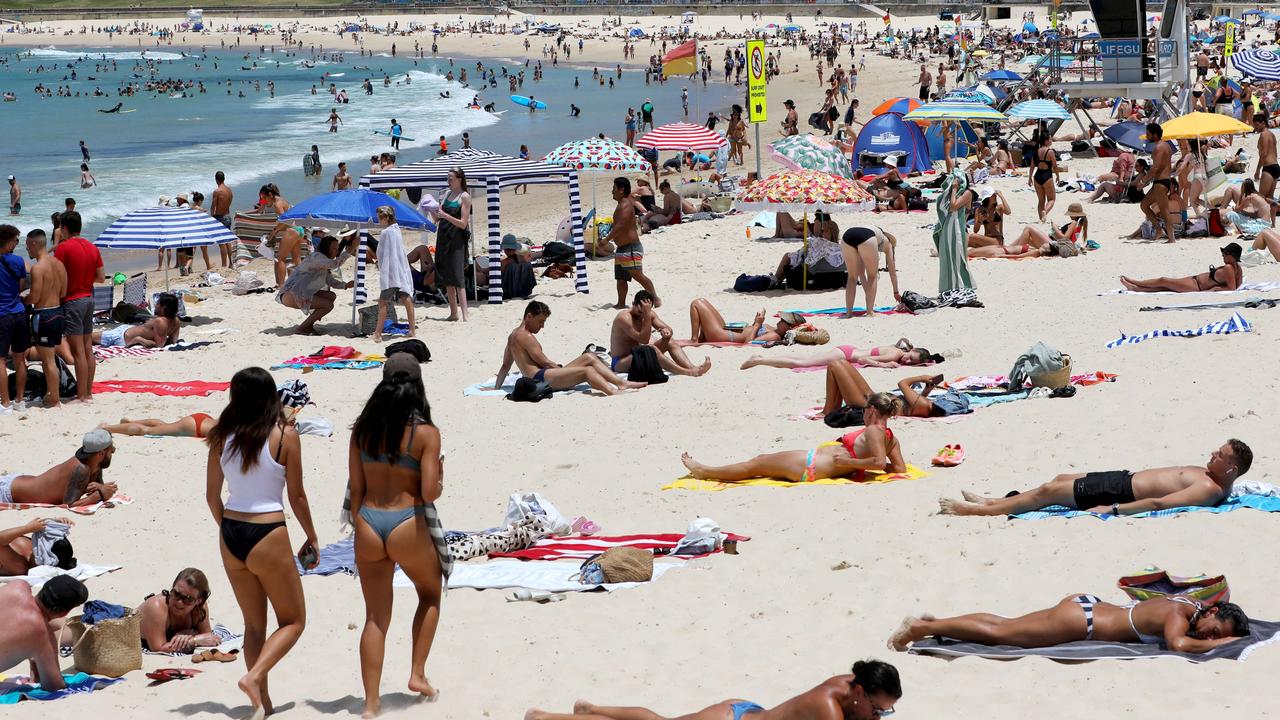
“People in every country wanted to engage with the joy and hope he symbolised,” Mills said. “They were energised by an American accent.”
That feeling has transformed.
“It’s now exhaustion,” he said.
“I need to be armed to discuss it, because it’s the first thing people ask upon hearing my accent.”
He said for Australians, it’s like watching The Real Housewives.
“They’re like, ‘I love that character – they’re so wild! I can’t believe they said that!’ Whereas for Americans, we’re the kids of those real housewives, cringing, saying ‘oh God, mum’s drunk again, she got hold of Twitter and started saying stuff’.”
Recently, Mr Mills was back in New York with an Australian friend who wanted to watch the presidential debate in a bar.
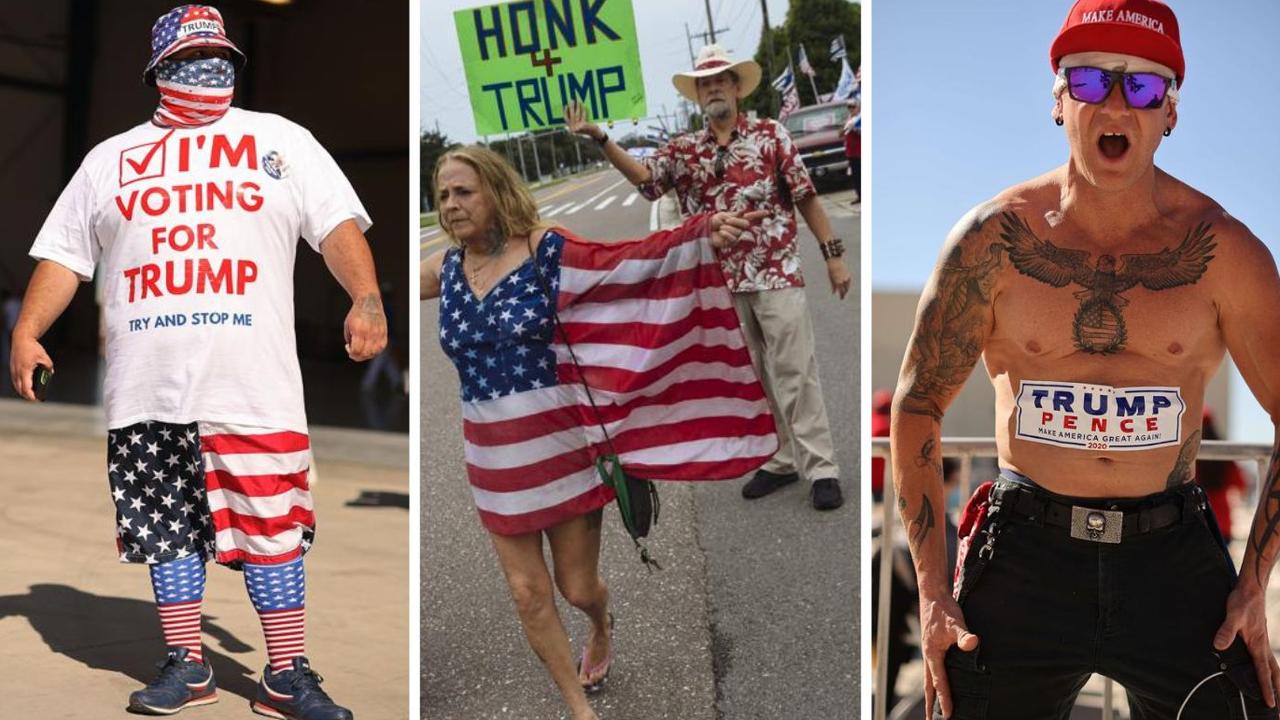
“I told him I couldn’t think of anything worse,” he said, and added that other Americans abroad shared a similar sense of exhaustion.
“I’d say you could ask even the most diehard patriotic American and they’d be glad to be away from it,” he said.
“The beauty of being removed from it is the distance gives me more control over keeping my mental health in check.”
Voting isn’t compulsory in the US
At least 110,000 Americans living in Australia are eligible to vote. Yet only 8.5 per cent of eligible Americans in Australia voted in the 2020 US election, according to the Federal Assistance Program.
For the 2024 election, for the first time in US history, the Democratic Party has made an investment in its Democrats Abroad group, spending almost half a million US dollars in the hope of harnessing global votes in battleground states.
Leslie Crudup Villagarcia, 43, comes from one of those key battleground states, Pennsylvania, and has lived in Brisbane since 2009.
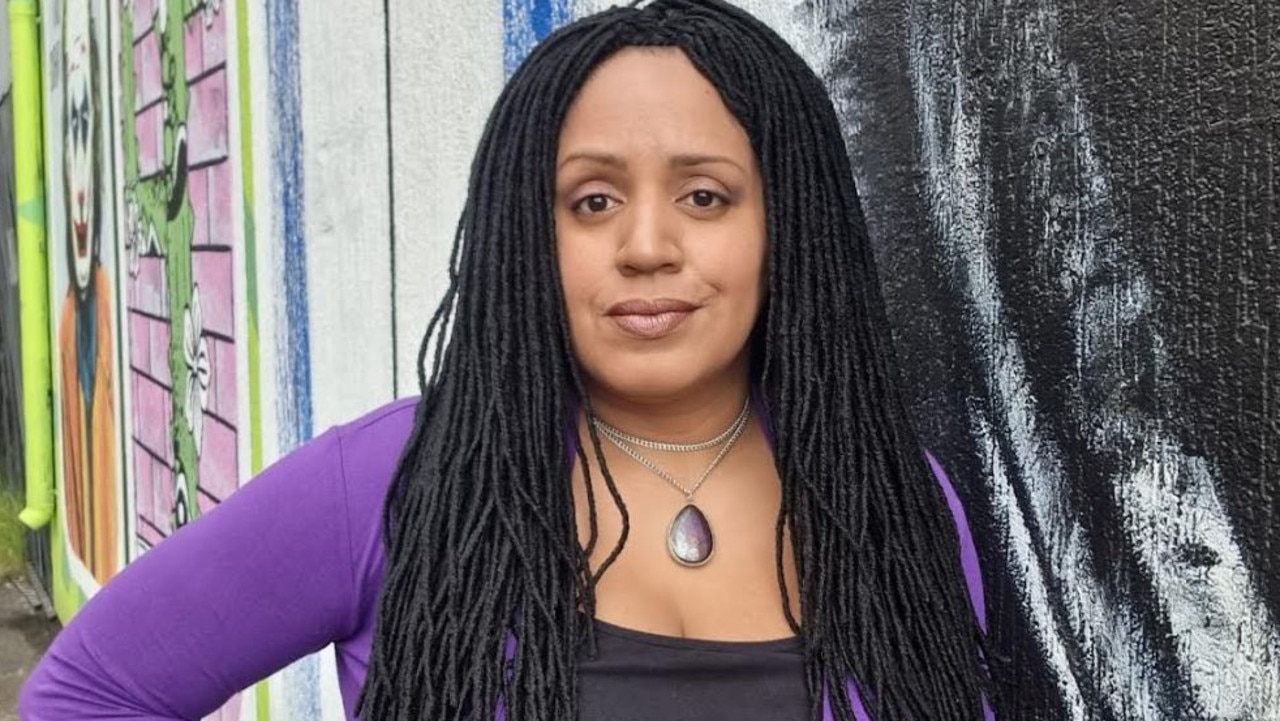
While she has posted her ballot for Kamala Harris (“they have all these passwords and security measures to ensure you’re not voting more than once”), she won’t be joining the campaigning efforts of the Democrats Abroad.
Trump’s first election left her “shaken”.
That night, she headed to Brisbane’s Pig n’ Whistle pub to watch results come in, but felt uncomfortable alongside Trump voters.
“As we walked out, the guy I was seeing flipped a MAGA hat off a Trump supporter’s head,” she said.
“He shouldn’t have done that. But it’s an illustration of the tension that can erupt.”
Villagarcia has mixed feelings about the upcoming election.
“I desperately want Kamala Harris to win – to have a Black woman as the next president of the US would be glorious” she said, adding that all her family in Pennsylvania were staunch Harris supporters.
“As a Black woman myself, it’s been delicious watching Trump try and fail to discredit her.” She’s also protective of her own mental health.
“I’m mindful of the fact the lead-up has fuelled more anti-Black-woman vitriol online, so I mostly stay out of social media conversations on the topic,” she said.
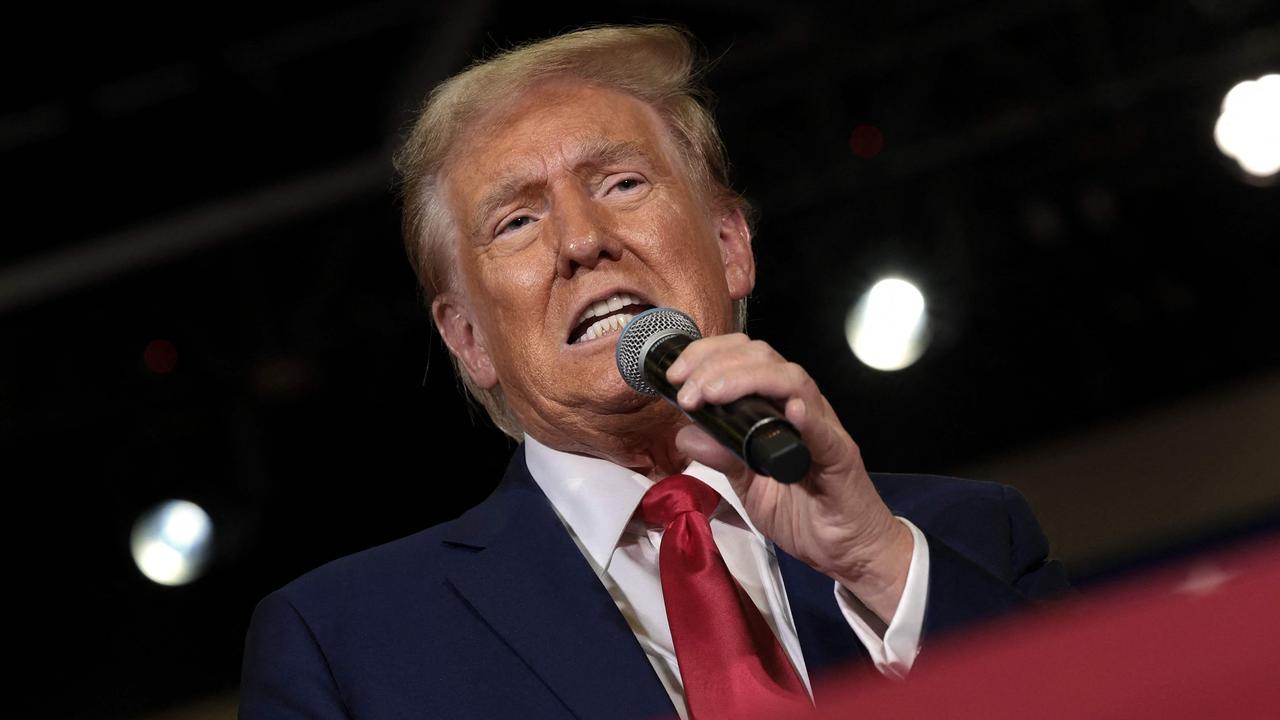
One of the reasons she left the US and wants to stay in Australia is because of what she sees as their “broken political system” – citing their rigid two-party system, the “ridiculous” electoral college and what she sees as Australia’s superior system of preferential voting.
Looking at this US presidential election from the outside has been “harrowing, to say the least,” she said – and part of that has been racial and gendered.
“It really has shown, to prove ourselves as Black women, we have to work 15 times harder, to show we’re valid beings who deserve a seat at the table, let alone people who can make our own tables. To have her in that position would be a really powerful statement. And a relief,” she said. s
“I’d celebrate that, while in the same breath, I grieve for what’s happening in the Middle East. Both things can be true.”
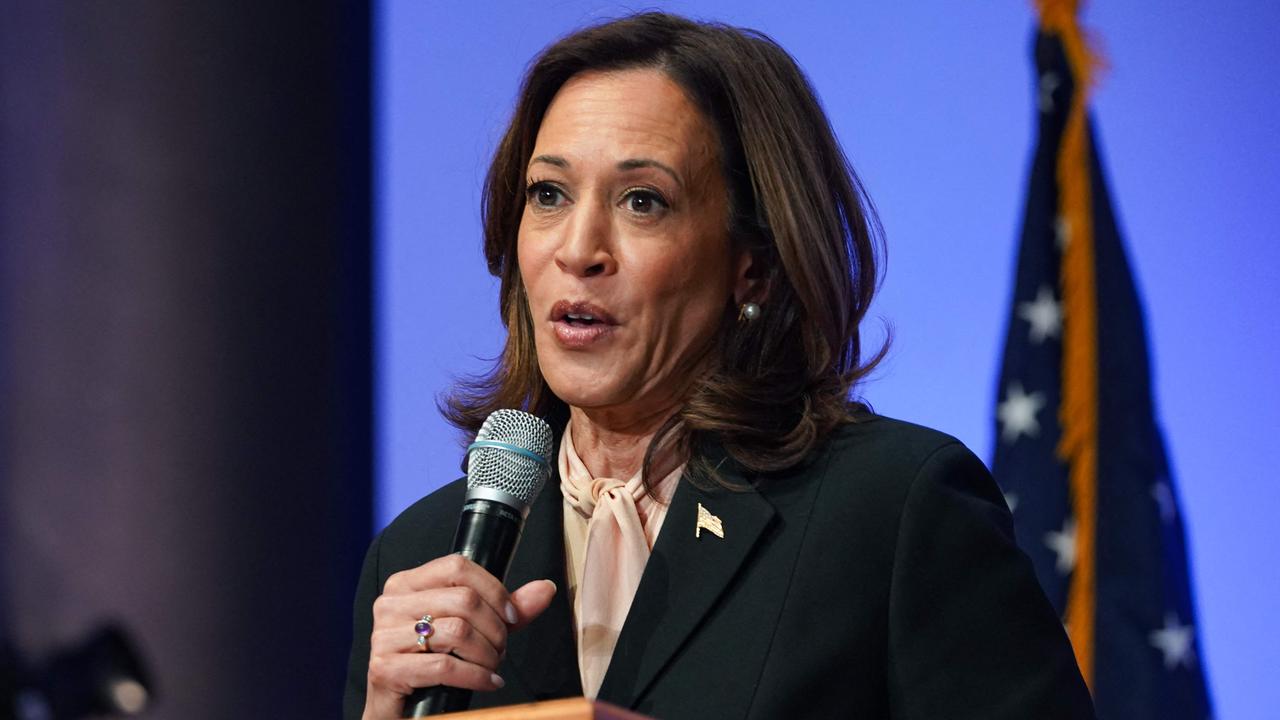
Her family is very politically engaged – her dad helped get out the vote for Obama. Yet, she said, if there was preferential voting, she’d vote for a candidate further left of Harris.
In her job as a life coach, she avoids situations where she might run into Trump supporters – “the joy of being self-employed”, she said.
So how will she feel if Trump wins?
“I actually think that’s something I might have to process more privately,” she said.
“As we’re having this conversation, I’ve realised I don’t think I actually want to go to that pub on results night on November 5. If I’m out in the city and Trump wins, I don’t want to be around people who celebrate that. I’d feel emotionally quite unsafe.”
‘My family all vote Trump – now we never discuss it’
Annie Arthur is registered to vote in Georgia – also a key battleground state.
The 30-year-old blacksmith has lived in Sydney for more than two years and is always surprised by how much Australians know about the US election.
“Often, they know more than I do – I’m actually trying to pay attention,” she said.
While the mail-in vote from abroad was a simple process, Arthur was “incredibly nervous about my ballot being counted as valid”.
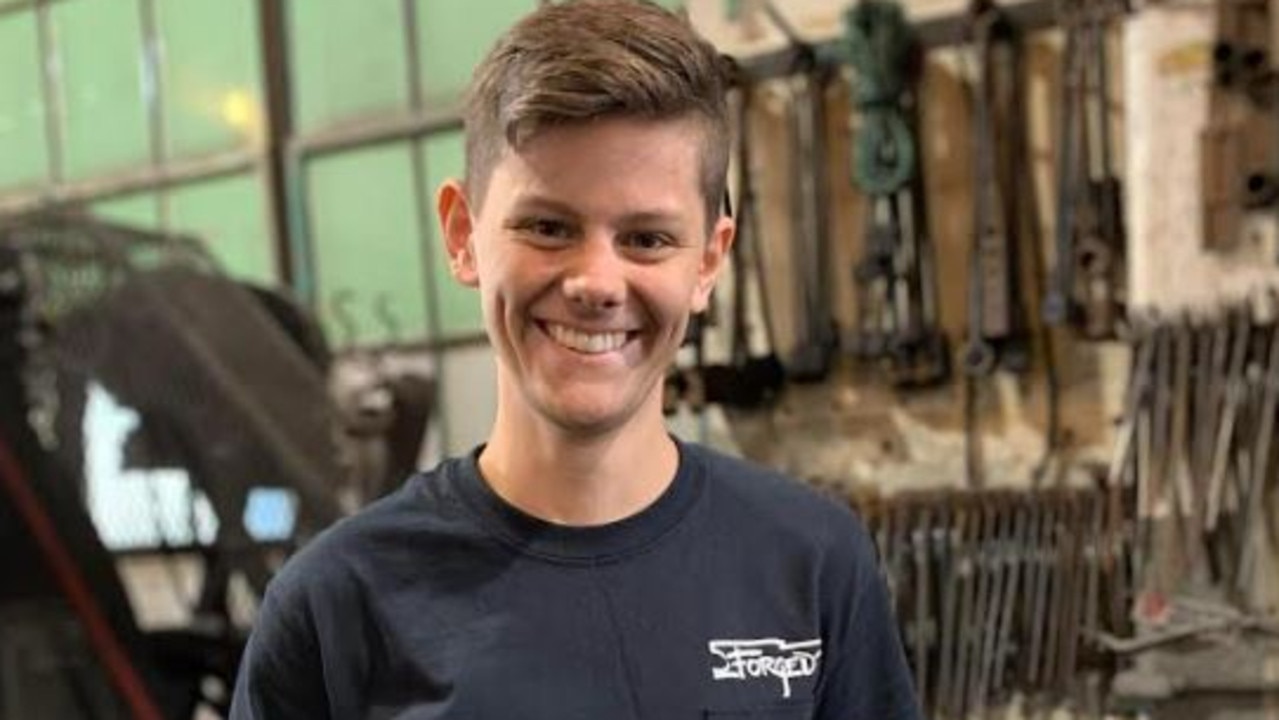
That’s because, in 2020, when Trump narrowly lost Georgia, he claimed without proof that widespread voter fraud in the state had cost him victory.
“I’m a blue (Democrat) voter in a very red (Republican) district – so I need my vote to count,” she said.
But she hasn’t always been a “blue” voter, having once voted red.
In the first election she was eligible to vote in, she voted for Mitt Romney (a Republican). Some of this had to do with how and where she grew up: on the Bible Belt, with her father a pastor.
Before she has even told Australians this, though, she said they mostly assume she’s anti-Trump.
“I definitely am – but I find it interesting how often people make that assumption given how little I talk about anything political,” she said.
When she tells Australians her family is pro-Trump, they’re “always fascinated and want to know why – as though half the US isn’t the same,” she said.
“Sometimes conversations are light and short. Others get pretty intellectual and intense.”
Arthur always fell in line with her family’s Christian conservative views, but began to diverge slightly as she got older.
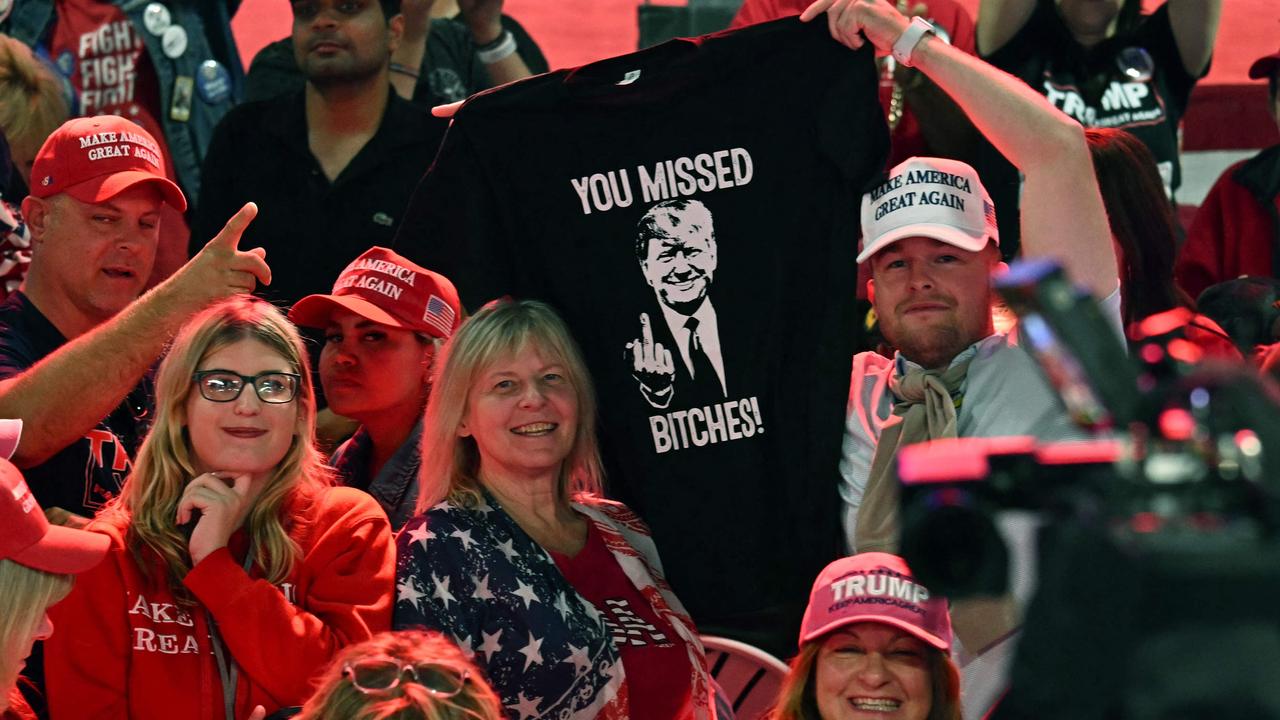
“It wasn’t until 2014, aged 19, when I came out as queer, that I started thinking independently from my family,” she said.
“When the 2016 election came around, I remember being disgusted by Trump – but still falling in line with a lot of policies held by the Republican Party.”
Since then, she has voted for Democrat candidates.
“Despite some things I still believed fell on the Republican side, I knew I had to vote for a more socially liberal candidate. After all, what do my economic beliefs matter if I vote for a party where my existence and rights as a woman and a queer person don’t matter?”
In the 2020 election, her family had also changed their minds – but in a different direction. “Mum, dad, my two sisters and their husbands had gone from ‘Trump is the lesser of two evils’ to active Trump fans,” she said.
“That part of America is a bubble.”
She quietly left her family’s group chat.
“I only agreed to join back in if everyone agreed not to talk politics – because I was the only outsider in this,” she explained.
Since then, they have steered clear of the subject. She has no idea what her family thinks about the 2020 election and whether it was “stolen” or what they think about the January 6 insurrection that followed.
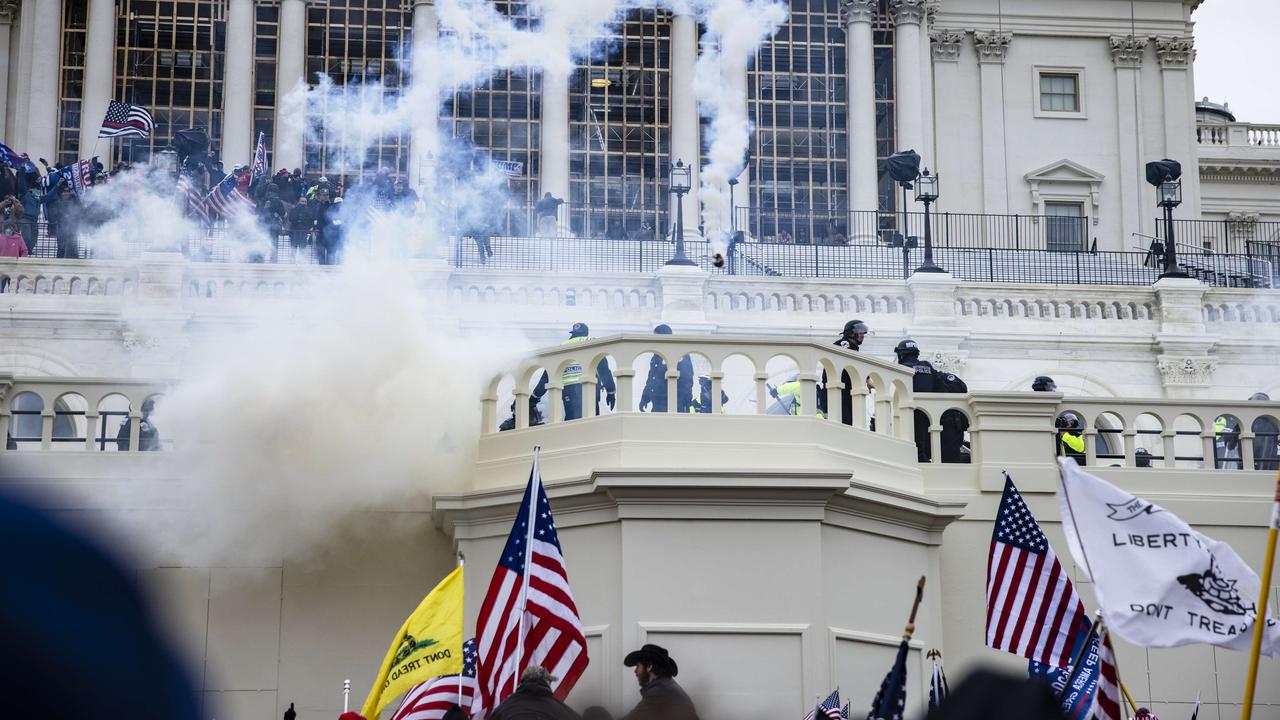
“And honestly, I’m afraid to ask,” she said.
“The ignorance is better than if I were to have to face an ugly truth about my family.”
Arthur won’t be “particularly ecstatic” if Harris wins, but will feel “disappointment and heaviness” if Trump does.
“I’m bracing for the worst but really hoping it doesn’t happen. I haven’t felt like a proud American in several years – and a Trump win would certainly be the nail in that coffin,” she said.
News.com.au approached the Republicans Overseas in search of an American Trump voter living in Australia, but they didn’t respond to requests.
Greg Swenson, chairman of Republicans Overseas UK, told the ABC he’s unsure of who exactly runs the group’s branch in Australia. News.com.au also approached several case study finding services, Americans in Australia Facebook groups, social media conversations and conservative organisations in search of a Trump voter in Australia, yet nobody came forward.
But this, obviously, doesn’t negate his popularity in his own country.
Arthur fears there’s a likelihood of his re-election.
“I’m not holding my breath,” she said.
“After Hillary won the popular vote (by three million votes) but lost the election in 2016 and after the January 6 insurrection, I’ve become numb out of disappointment from the crazy things my country and its broken electoral system is capable of,” she said.
“That said, I’d love to see a woman as president.
“It’s about damn time.”
Gary Nunn is a freelance journalist. X: @garynunn1



